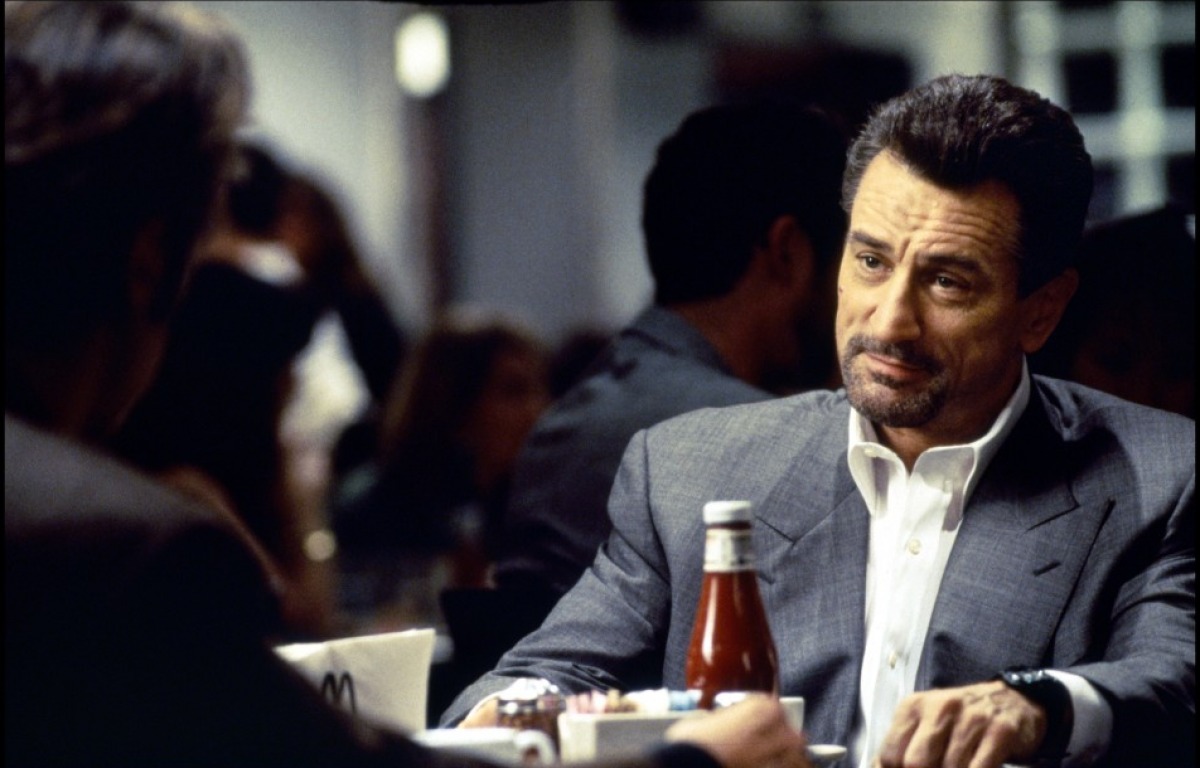
“The original was so much better!” That’s typically what you expect to hear whenever you discuss the latest attempt by Hollywood to successfully remake an old movie. And there’s a good reason for that: very often, the new version is vastly inferior to what came before it, so much so that you wonder if the filmmakers involved truly understood the appeal of the original.
Having said that, despite being dismissed as a sign that the movie business has run out of ideas, remakes aren’t an inherently bad thing. Indeed, with an intelligent and talented creative team onboard, these recycled flicks have the potential to not only be good as the film they’re based on – but to actually be much, much better.
Don’t believe us? Then check out this list of 10 Movie Remakes That Far Surpass The Original!
1. True Grit
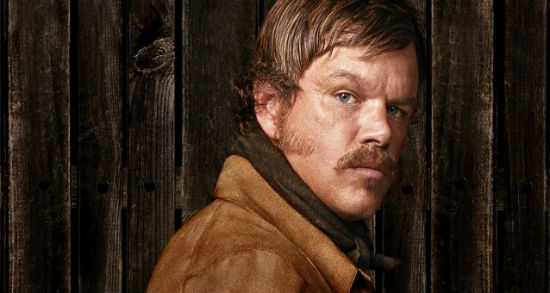
The 1969 adaptation of Charles Portis’ Western novel True Grit may have won screen legend John Wayne his only Academy Award, but upon reflection, it’s really not that great a movie. Director Henry Hathaway and screenwriter Marguerite Roberts excised much of the book’s distinctive language, shifted the focus from Kim Darby’s Mattie Ross to Wayne’s Rooster Cogburn, rounded the edges off the central characters and devised a more upbeat ending.
The end result has more in common with a typical Wayne Western vehicle than it does with the source material upon which it’s based, and the performances from Darby and (most of all) country singer Glen Campbell as Texas Ranger LaBoeuf aren’t particularly memorable.
These same charges don’t apply to the 2010 True Grit remake, written and directed by the Coen Brothers, which hews far more closely to the novel in every respect. The Oscar-winning siblings restored much of Portis’ original dialogue, and more importantly, the themes he wove into his story. This lends a bleaker, more elegiac tone to proceedings, although the film remains the Coens’ most commercial (and unsurprisingly, most commercially successful) effort to date.
It doesn’t hurt that they’re blessed with a stellar cast on top flight form. Jeff Bridges is a perfect fit for ornery Deputy U.S. Marshal Cogburn and Matt Damon has a lot of fun as the conceited LaBoeuf, while Hailee Steinfeld – only 13 at the time of filming – is a revelation as Mattie Ross. Add in gorgeous visuals by celebrated cinematographer Roger Deakins and an affecting score by Carter Burwell, and this do-over stands head and shoulders above its predecessor!
2. The Fly
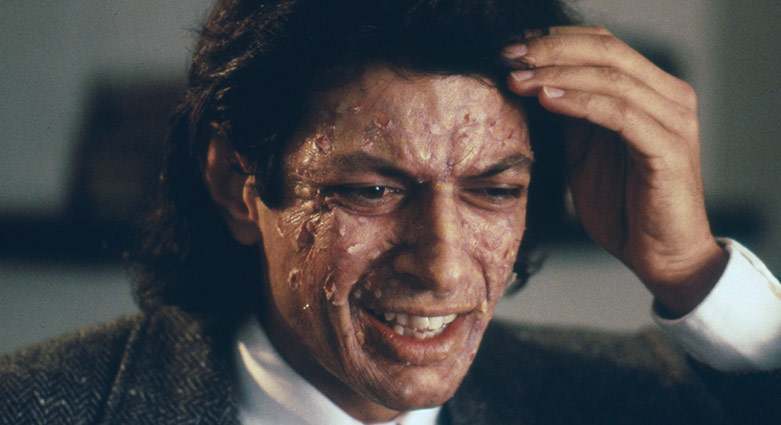
1958’s The Fly deserves credit for its role in kick-starting the body horror sub-genre – but other than that, it’s little more than a slightly above-average B-movie. Working from a short story by George Langelaan, James Clavell pens a surprisingly sophisticated script that grapples with the philosophical implications that come with playing God, even as it delivers the requisite quota of chills audiences expect.
That said, the make-up effects used to transform David Hedison into a man/bug hybrid haven’t aged terribly well, and director Kurt Neumann is only able to draw competent performances out of his talented cast, which counts horror icon Vincent Price among its number. So on balance, this is a decent enough flick, but nothing to write home about.
The 1986 iteration of The Fly, however, qualifies as a demented masterpiece. Helmed by provocative filmmaker David Cronenberg, this remake isn’t for the squeamish – the grotesque prosthetics nabbed an Academy Award – but its nuanced psychology and disarmingly touching love story are what really resonate.
Jeff Goldblum has never been better than he is as scientist turned human fly Seth, while Geena Davis is in many ways the film’s emotional anchor. Delving deeper, you quickly notice that Cronenberg is equally adept at infusing his modern day parable with meaning as he is working with actors. Indeed, many commentators picked up on Seth’s steady physical debilitation as a metaphor for disease – which packed additional punch, given the film was released during the height of AIDS hysteria.
3. Dredd
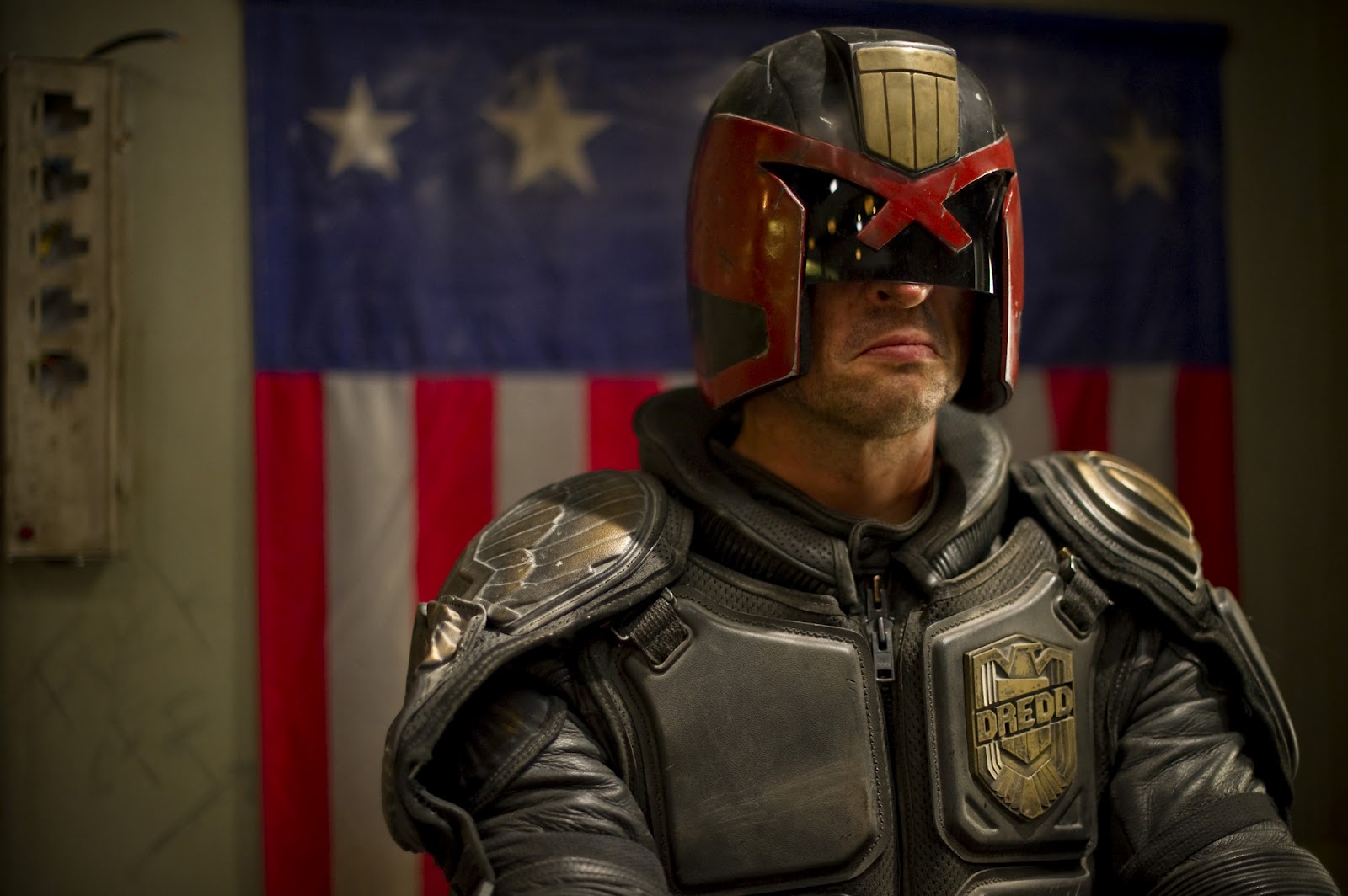
Full disclosure: in many ways, Dredd is more of a full-blown franchise reboot than it is a remake. When it came time to take another crack at bringing 2000AD’s flagship comic book character to the big screen, scribe Alex Garland and director Pete Travis wisely ignored drawing any inspiration from 1995 box office bomb Judge Dredd.
That film – which starred Sylvester Stallone as the futuristic law enforcer of the title – may have faithfully recreated many of comics’ visual elements, but director Danny Cannon and his team jettisoned pretty much everything else. Gone was the ultra-violence, dense plotting and broad social commentary that fans loved about the series, replaced with an unintentionally campy vibe.
Travis’ take on the material restores nearly all of these missing elements – the satirical elements are conspicuously absent – to deliver a lean sci-fi/action flick that squeezes every penny out of its relatively modest $45 million budget. Karl Urban has Dredd’s trademark sneer and raspy voice down pat, while co-star Olivia Thirlby more than handles the emotional heavy lifting as his rookie partner, Anderson, and Lena Headey is effective as drug lord “Ma-Ma” Madrigal.
It’s not just the cast who should take a bow, though. The production design team brilliantly translate the comics’ rather outlandish costumes across to Dredd’s gritter, more grounded world. What’s more, the graphic (yet undeniably beautiful) slow-motion sequences overseen by visual effects guru Jon Thum will force you to reconsider the aesthetic merits of cinematic carnage!
4. A Star Is Born
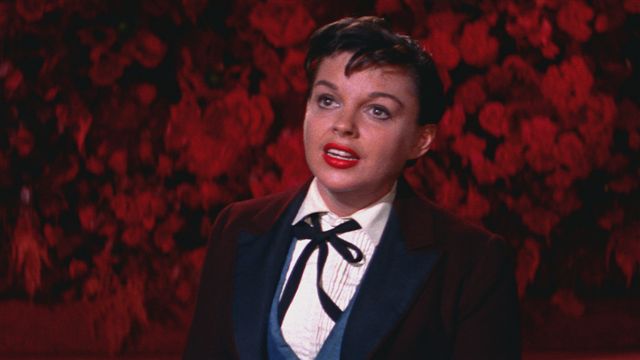
For those keeping count, musical romance A Star Is Born has been (officially) remade a staggering three times, which is probably a testament to the enduring appeal of its underlying narrative. For this entry, we’re concerned ourselves with the first remake of the 1937 original – directed by George Cukor and released in 1954 – and not Bradley Cooper’s recent spin on the material headlined by Lady Gaga.
Why? Because Cukor’s film is easily the best version of A Star Is Born out there – and the reason for that is Judy Garland. Janet Gaynor Barbra Streisand and Lady Gaga each bring something special to rising star Esther (Ally, in the 2018 version), but next to Garland’s bravura turn, they simply don’t compare.
It doesn’t hurt that the role held parallels with the actress’ own humble beginnings and ascension to the Hollywood A-List, which no doubt fuelled her performance at certain points. But the sheer emotional range and heartbreaking truthfulness Garland brings to the part – not to mention her transcendent singing voice – is as much a tribute to her monumental talent as much as it is a reflection of her at-times troubled personal life.
5. It: Chapter One
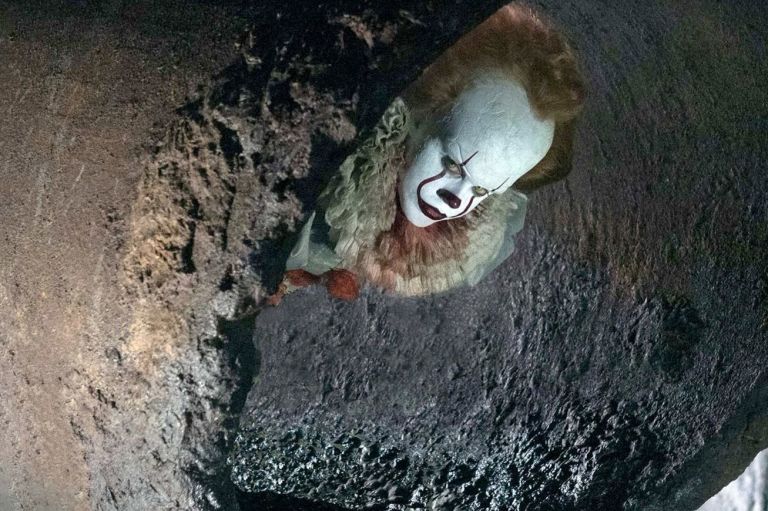
The 1990 telemovie It – initially aired as a two-part series, before later being re-released as a single, three-hour film – is generally considered one of the better adaptations of a Stephen King novel. And when you factor the budgetary and censorship restrictions inherent to network TV at the time, and original tome’s 1,138 page count, then yeah, co-writer and director Tommy Lee Wallace didn’t do too bad.
But at the end of the day, viewed through a modern lens, the 1990 version of It seems more than a little outdated, and is less likely to frighten contemporary audiences. That’s not to say that Tim Curry’s iconic portrayal of demonic, shapeshifting clown Pennywise is any less pants-wettingly scary. It’s just that the uneven quality of the wider cast and the often cheap looking special effects diminish the movie’s power to chill viewers to the bone.
Not that Andy Muschietti’s second stab at It is that much more scary. Over-reliant on jump scares courtesy of Bill Skarsgård’s Pennywise, and content to replace ropey 90s special effects with equally ropey modern day CGI, the 2018 version isn’t a whole lot scarier than what came before it.
However, where it does far outshine its predecessor is in believably capturing the dynamic between its pre-teen protagonists, brought to life by an uncommonly talented junior cast including Finn Wolfhard and Sophia Lillis.
Not only does this mean Muschietti thoroughly nails the spirit of the source material, but he also develops characters we grow attached to, which means we actually give a damn when they’re in peril. Taken as a horror flick, neither reimagining of King’s book rates higher than “serviceable” – but as a coming of age movie, It: Chapter One is an unqualified knock-out.